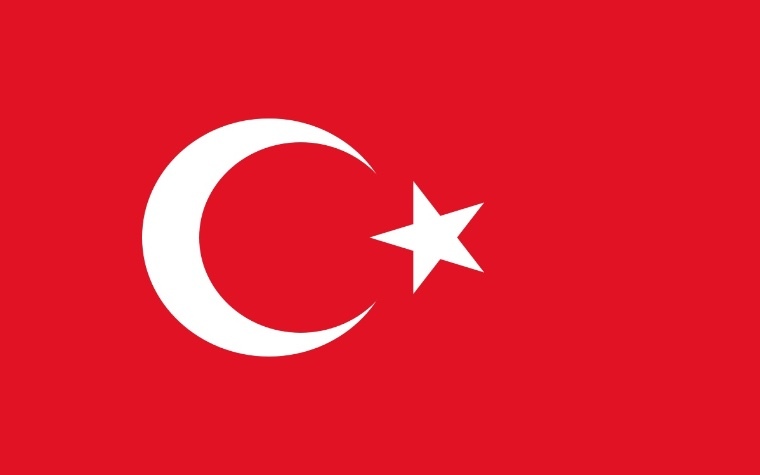The U.S. State Department’s Annual Report on Human Rights in Turkey claimed that state sanctioned violence exacerbated by the prolonged state of emergency enforced in the country in mid-2016, unpunished abuse and corruption by state officials, and the lack of transparency in government remained critical concerns.
The report was released on March 3 and monitors human rights practice in Turkey and around the world. The U.S. State Department has issued this study since the 1970s by congressional mandate.
“A coup attempt on July 15 resulted in the death of more than 240 individuals and the injury of more than 2,100, most of them civilians who took to the streets to defend their democratically elected government”, the report said.
“Authorities used both the antiterror laws and increased powers accorded to the government under the state of emergency to detain individuals and seize assets, including those of media companies, charities, and businesses, of pro-Kurdish groups accused of supporting the PKK, and of individuals alleged to be associated with the Gulen movement” which the government deemed responsible for the coup attempt, the study stressed.
Impunity continued to be a major problem “as the government took limited steps to investigate, prosecute, and punish members of the security forces and other officials accused of human rights abuses”.
The report also listed “inconsistent access to due process”, “government interference with freedom of expression”, and “inadequate protection of civilians” as the most concerning human rights issues in the country in 2016.
Immunity for state officials
“There were credible allegations that the government or its agents committed arbitrary or unlawful killings in connection with the violent clashes between government security forces and the terrorist PKK organization in the Southeast,” the report pointed out.
The study also added that “despite limits placed on the use of the antiterror law during 2013 and 2014 by the Fourth and Fifth Judicial Packages, prosecutors continued to use a broad definition of terrorism and threats to national security to launch criminal charges against a broad range of defendants”.
In addition to 2014 regulations prescribing legal immunity for members of the National Intelligence Organization, legislation passed on July 14, 2016 further complicated the prosecution of officers involved in the fight against terrorism.
The report emphasized that the new law guarantees retroactive immunity to counterterrorism officials and “gave expansive powers to the military and made it harder to investigate human rights abuses by requiring permission from both military and civilian leadership to pursue prosecution.”
Corruption spreading among the institutions
The public perception of Turkey’s corruption is worsening, the report noted.
“There was no established pattern of or mechanism for investigating, indicting, and convicting individuals accused of corruption, and there were concerns about the impartiality of the judiciary in the handling of corruption cases”, the study said.
According to the report, Turkish authorities continued to prosecute judges and prosecutors seeking to press charges against government officers in relation to a major 2013 scandal that involved President Erdogan, his relatives and some of his business and political associates.
While no senior government officials were investigated on charges of corruption in 2016, “journalists accused of publicizing the corruption allegations […] continued to face criminal charges”.
The government often obstructed public access to information on national security grounds, the study said.












 Alerts Sign-up
Alerts Sign-up